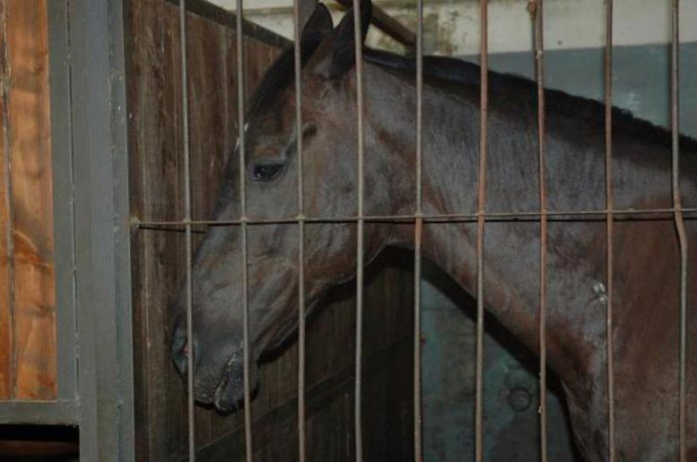
Effects of individual stabling in stallions
Domestic horses are traditionally kept in individual housing systems. Especially stallions are often deprived from social contact which may affect their social behaviour.
Wild horses are social animals, living in harem or bachelor groups. In captivity, stallions are regarded as aggressive towards one another and therefore kept individually in stables. However, this lack of social contact might be a large stressor and if social contact is prevented, aggressive behaviour may be redirected towards other objects. The aim of the study was to investigate effects of long-term individual stabling on the social behaviour of stallions.
The study was executed by observing social behaviour for nine months in seven singled housed stallions and twelve group housed stallions, which were housed in groups of three. Then the stallions were released into two separate two ha enclosures divided by treatment. Their social interactions were recorded during a six week period for 28 hours per week.
The results show that more aggressive behaviour was recorded in the previously single housed stallions. Group housed stallions made more use of subtle signals, for example submissive behaviour. Single housed stallions also showed in increased level of social grooming and play behaviour, which may relate to a build-up of motivation.
Expert opinion by Anouk van Breukelen
The data of this study gives insight into the effects of housing horses individually. In future research the effect on mares and geldings could be studied and the study can be carried on for a longer period of time.
> From: Winther Christensen et al., Applied Animal Behaviour Science 75 (2002) 233-248. All rights reserved to Elsevier Science B.V.. Click here for the online summary.


